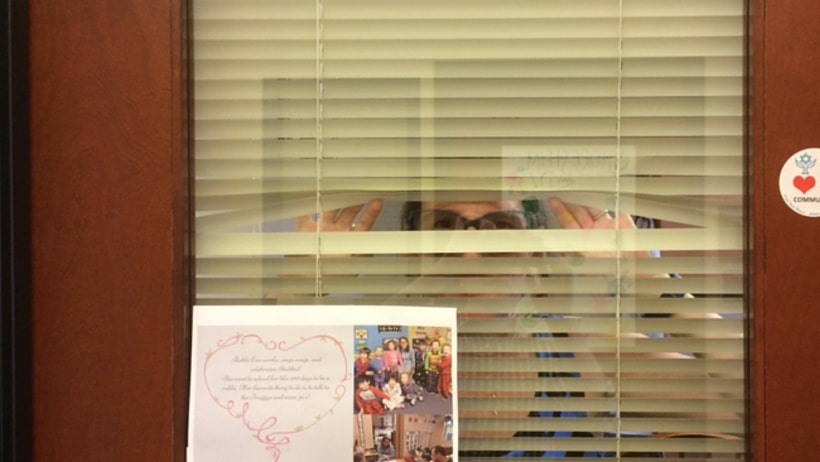One of the areas where I struggle the most as a parent is holding myself back in order to let Shiri explore the world on her own. It’s much faster to climb a flight of stairs when I pick her up, but she needs to be able to take each step, one by one, to truly learn how to do it. The same is true of trying new foods or engaging in any other new experience. Sometimes she even learns lessons on her own despite my guidance. Sure, I can tell her the macaroni and cheese is hot and she should blow on it before digging in, but she still may insist on putting it in her mouth, only to scream that it’s too hot. Discovery is how we learn to be in the world.

There’s a big difference between experiencing the world and being told about the world. There’s a reason that experiential and project-based learning are the trends in education. Reading about solar energy could be interesting on its own, but it can’t compare to building a solar-powered kit and then charging a battery from your creation. Education excels when we do more than read the facts, we internalize them and use them in a way that opens the mind to retain the information. We see a similar pattern in the Israelites’ behavior after they leave Egypt. Upon leaving they feel strongly that life was better in Egypt. Until they actually engage with the world around them (instead of simply projecting their feelings), they’re not able to see the beauty of opportunity.
We read parshat Shlach Lecha this week, detailing the new nation’s approach to the land of Israel. The text begins with the sending of spies, one from every tribe, into the land and continues with the report they bring back. Ten of the spies return in fear, and that fear spreads throughout the rest of the nation, causing them to question even trying to enter the land. God becomes angry with the people and their inability to accept new situations, but hopes that Joshua and Caleb, the two spies bringing positive reports, can turn this attitude around.
The text may be familiar, but there’s still a puzzling reversal from how change was viewed many generations before. Earlier in the Torah in another instance when venturing into a new land is necessary, Abraham is happy to leave his home and go where God tells him. Here though, the Israelites appear afraid. This week’s text begins “Shlach l’cha,” meaning “send for yourself.” God is saying to the Israelites the trip into the land is for their own purposes, not for God’s purposes. God, as the parent, is saying, “I already told you the land was good, but you don’t seem to trust me. So go on your own and see for yourself.”
Sometimes the only way to believe is to see it with your own two eyes. Whether it’s a toddler trying to explore and learn the world around her, or a grown-up searching for some meaning in new information, understanding the world often requires active investigation, not just thoughtful consideration. Our parshah this week is the perfect reminder that there are moments to put your faith and trust in God, and there are moments when we must go out and do and see (and spy) for ourselves.
-Rabbi Eve Posen
Source: See For Yourself – Parshat Shlach Lecha 5776 – Rabbi Eve Posen



